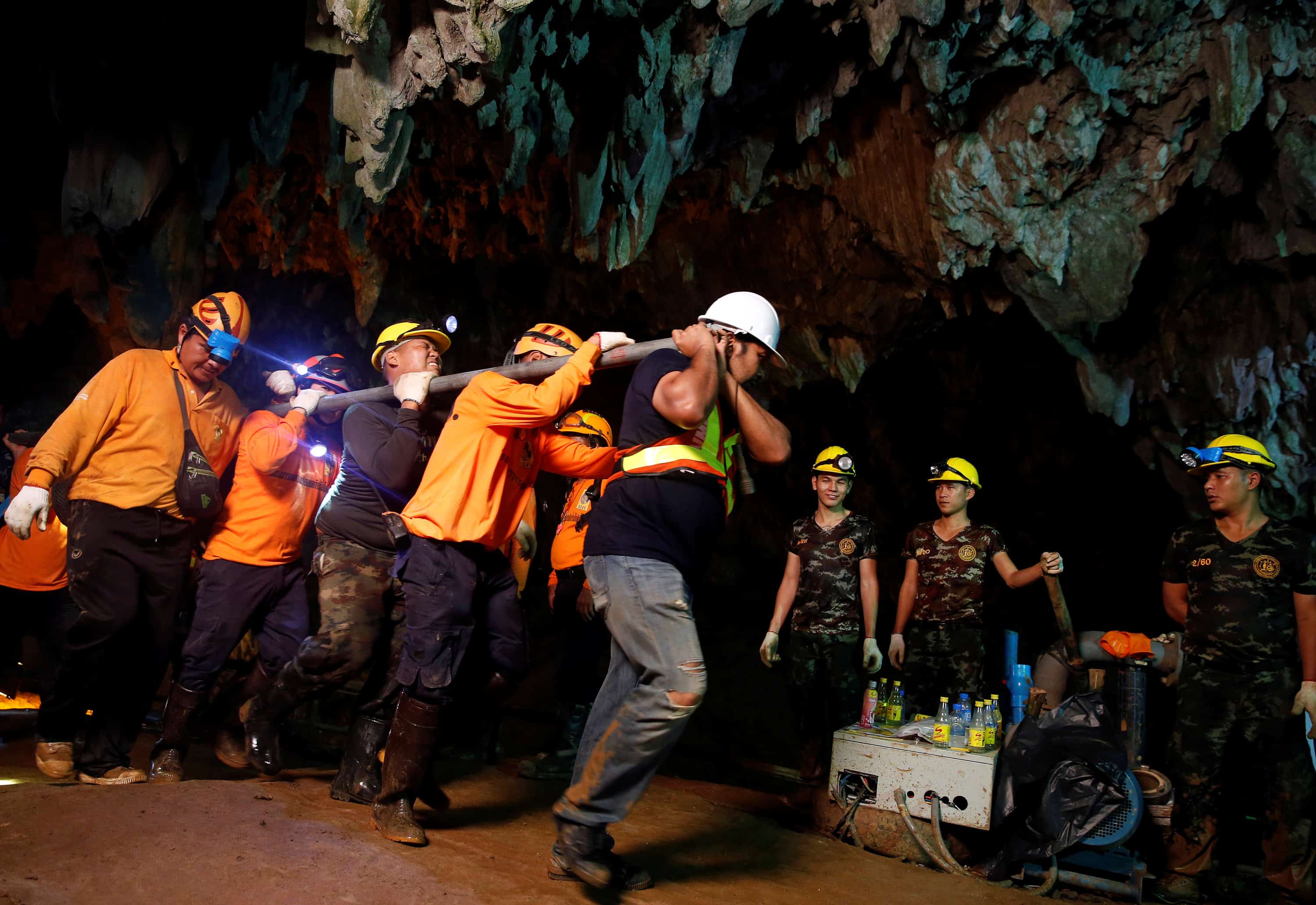

Jackson (1999) delineates ways in which the country’s socio-economic and political contexts of the 1990s shaped the emerging cults. In his analysis of three spiritual cults that flourished during Thailand’s economic boom, Peter A. Pattana Kitiarsa (2005, 485–87), studying spirit medium cults in capitalist Thailand, notes that consumerism, mass media and the mixture of local customs in an urban environment contribute to the emergence of diversified and hybrid spiritual practices.

In his examination of the role of sorcery in the social life of Thai urbanites, Louis Golomb (1993, 33–37) attributes the pervasive use of magic to volatile interpersonal relations in the competitive and profit-oriented urban environment. Their findings defy the age-old assumption that “supernatural beliefs are survivals from a naïve past and must decline as scientific thought ascends ” ( Goldstein, Grider, and Thomas 2007, 61). Scholars who study supernatural beliefs and practices in present-day Thailand note the proliferation of supernatural traditions in the modern environment.


 0 kommentar(er)
0 kommentar(er)
